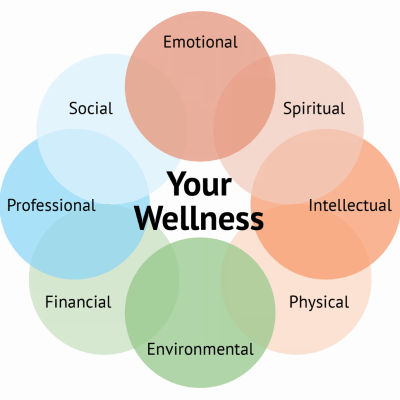may cause many issues in your life and relationships
Sometimes just speaking to a confidential counsellor can help you find restorative strategies that will enable you to cope with what is going on right now.
Sometimes just speaking to a confidential counsellor can help you find restorative strategies that will enable you to cope with what is going on right now.
Treatment for Self Harm Patients
Self-harm is not a moral failing, nor a sign of weakness, nor a mental illness. It is a symptom of an underlying problem that can be diagnosed and treated by a trained professional. There are various forms of effective therapy. Due to the complex nature of self-harm, symptoms must be evaluated and the appropriate treatment applied. Please feel free to contact us to explore the appropriate resolution.
The reasons for self-harm are complex. Not everyone harms themselves for the same reason. Individuals have their own, unique reasons and to understand it requires an understanding of their personal motivation and mentality. The common causes may also vary with age.
Self-harm can be addictive
One of the reasons for self-harm is that the body releases natural painkillers, known as beta-endorphins, in response to physical injury. Endorphins also create “pleasant” feelings in the brain. By hurting themselves, self-harmers unintentionally release mood-altering chemicals that make them feel good. Because self-harm activates this “rush”, it can become addictive.
Note: The severity of a wound does not tell you how serious the person is affected. Do not ignore frequent small wounds because they seem minor or harmless.
Self-injury causes a variety of complications, including:
For example in daily life, it is often seen as the result of the reckless activity (drunkenness or reckless driving) or any situation where people bring harm upon themselves, even though they did not perform the original act with the intention of harming themselves.
However, in the clinical context, self-harm is the act of deliberately inflicting pain and injury to one’s own body. This injury has the intention of causing pain.
The self-infliction of physical pain can be a way of controlling emotional feelings. The relief that it brings only lasts for a short while so it is repeated over and over. It involves acts like cutting, burning, hitting and stabbing oneself. It can result in wounds or bruises which may or not be serious enough to warrant medical care. Nonetheless, it raises significant concern and impairment of interpersonal, employment, academic and other functions and can escalate to more dangerous levels.
Contrary to popular opinion, it is not about “getting attention”. Self-harm is most often done in secret and the results are hidden. Self-harm that is used to manipulate or influence the behaviours of other people, can also demonstrate a deeper needs or loneliness. These individuals may benefit greatly from psychological counselling and support.
Trivial acts, such as constant nail-biting, are generally not regarded as serious enough to require therapy unless it progresses to more serious acts. The same applies to tattoo and body piercing for adornment or socially accepted cultural or religious rituals.
Self-harm which is inflicted in an attempt to circumvent or avoid an obligation on medical grounds is not a pathological act, as the pain is just an unavoidable side effect in such cases. However, the boundaries are not always clear and, in some cases, behaviour that seems to fall outside the normal boundaries may, indeed, be caused by a pathological tendency.
Self-harm differs from attempted suicide, as there is no intention to end life. In fact, it is aimed at making life more bearable, not to end it. However, if the underlying condition gets worse, the probability of suicide increases. A botched act of self-harm may also lead to accidental death.
Due to its complicated nature, it is essential to have self-harm properly evaluated. Most can be treated, but treatment may vary in line with the therapeutic assessment. When self-harm occurs in the presence of other disorders, it may be treated as part of the overall condition. Self-harm is also known as self-injury, non-suicidal self-injury, deliberate self-harm and other similar descriptions.

The pressure to lead, inspire, make decisions, be a role model, a parent, a mindful partner or supportive friend can come at the cost of your mental health and wellbeing. You are forever showing up for other people, meetings, calls and commitments, yet how often are you showing up for yourself?
Recovery Direct is an exclusive evidence-based care centre that is dedicated to confidentially restoring your mental vitality and physical balance and wellbeing. We give you the time, space and guidance to reflect, plan and decide your next move.
Specialised therapeutic support gives you unbiased, professional insights into emotional struggles, relationships and behaviours. Everything managed in a safe, supportive and holistic executive wellness retreat.






Harness the mental agility to manage your life again. Fine tune your mental-health and wellbeing inside of South Africa’s leading care centre.